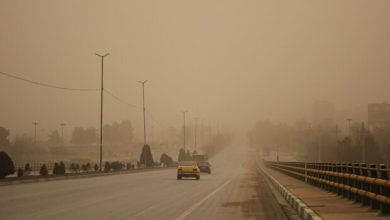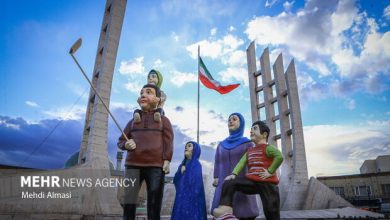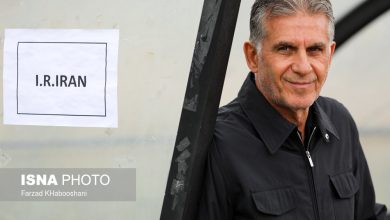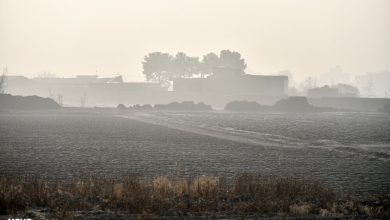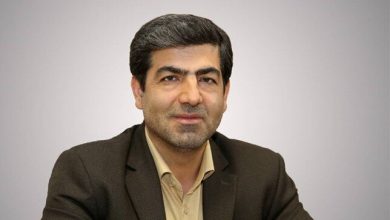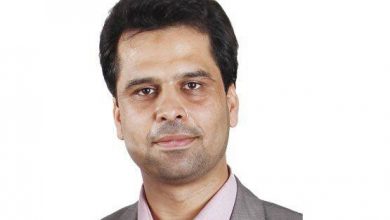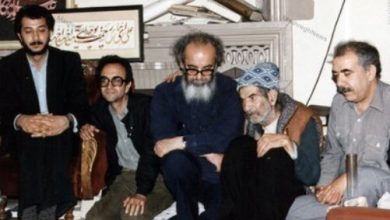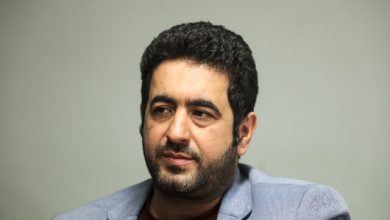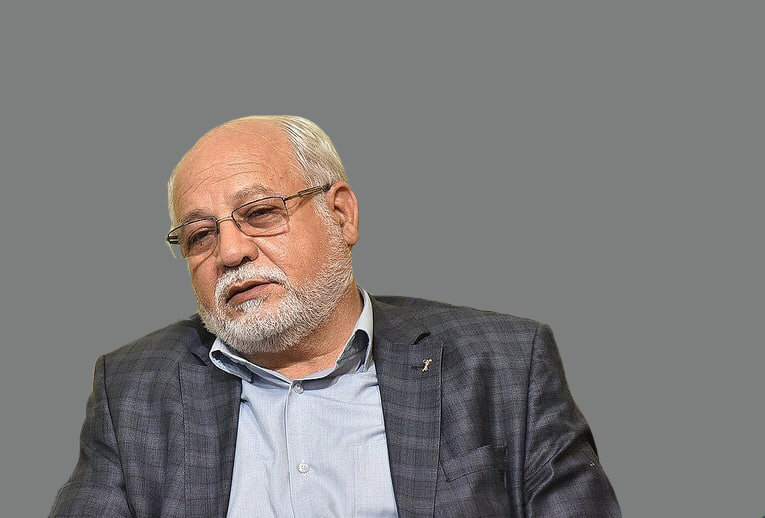

Of course, Rouhani has said this many times before. A day before handing over the presidency, he said in a televised interview with Al-Shaab: “The agreement is close.” It’s a perfectly acceptable possibility. If our criterion is the Supreme Leader’s orders, then it is applicable. Parliament’s decision is an obstacle. Not only in this government, if the thirteenth government abides by these decisions, it will not reach an agreement.
On July 23, Hassan Rouhani opened up the story a little more and explained why an agreement that could have been reached months earlier was useless and the situation became more complicated. He said about Article 60 of the Constitution: If Article 60 of the Constitution had been respected, it would not have been harmed in early December, and had it not been for December 11, the people’s boycott would have been lifted in March. If this principle is followed, people today will see the conditions governing the country and we will see different April, April, June and July. Article 60 of the Constitution stipulates that the actions of the executive authority, except for matters entrusted directly to the leadership in this law, are through the President of the Republic and the ministers; But according to the president, the November decision put a line of invalidity on that principle.
On Thursday, July 31, at the government delegation meeting, Rouhani said again that the reason for the failure of the nuclear talks in Vienna and the failure to cancel the sanctions was the Parliament’s Strategic Action Law, and said: “If the law did not stop us, we would have lifted the sanctions before Farvardin.”
On December 12, 2019, the Islamic Council approved a plan, after numerous wrangling, that would oblige the Iranian government to resume uranium enrichment to 20%, increase stocks of enriched uranium, and reduce the level of inspections by the agency. and suspending the implementation of the Additional Protocol if all US sanctions are nuclear and non-nuclear. This plan was proposed and approved while Iran had previously reduced its commitments to a US withdrawal and Western inaction. However, according to the opinion of the new Iranian parliament, these plans were not sufficient to solve the crisis.
Last year, in an editorial dated February 22, 1400, Jomohri-e-Islami wrote: We read in the news that Sayyid Hossein Amirabadullahian, Minister of Foreign Affairs of the 13th government, last Wednesday at a cabinet meeting. The media reported that Parliament’s eleventh decision on the Joint Comprehensive Plan of Action constituted an obstacle to negotiations to revive it. This is what former President Rouhani and his foreign minister, Dr. Zarif, said before, and according to their statements, this was the main reason for the failure of the Vienna negotiations.
Today, Eslami, the head of Iran’s Atomic Energy Organization, says about the agreement on the text of the JCPOA and whether the agreed text is the same as the text of 2015: It’s the same, the talks took place.
Sardar Kothari, Tehran’s representative in parliament, said recently: If the JCPOA goes ahead again, we accept it 100 percent.
6464
